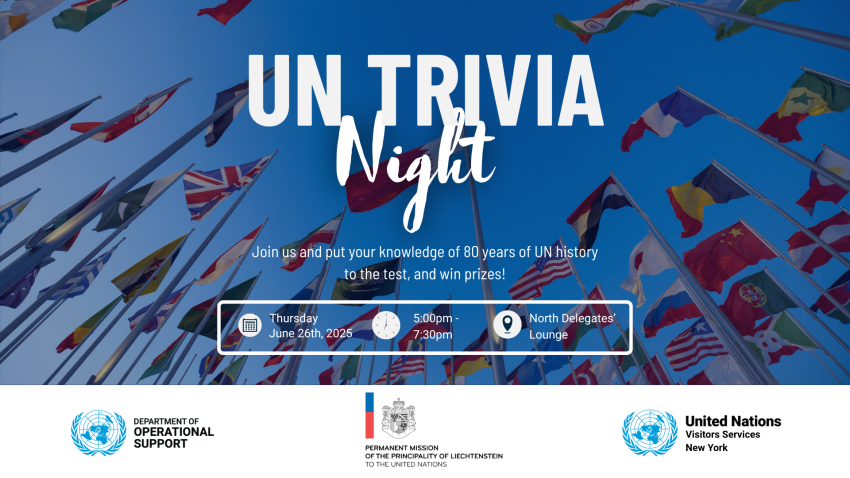In the region of Abyei, caught between Sudan and South Sudan, a humanitarian crisis continues to deepen.
In this interview, Alexis Huliro Bisanukuri, Head of Sub-office with the Office for the Coordination of Humanitarian Affairs (OCHA), explains how, with no clear governance, rising displacement, and dwindling aid, civilians are left to navigate a future shaped by conflict, climate shocks, and broken promises.
In July 2011, South Sudan officially gained independence from Sudan, and Abyei has remained a disputed region. How has OCHA adapted to this?
After the 2011 agreement between Sudan and the Sudan People's Liberation Movement (SPLM), a framework was set up for Abyei’s administration, pending a referendum that never took place.
Since then, the UN Interim Security Force for Abyei (UNISFA) has been deployed to maintain security and support humanitarian efforts.
OCHA established a sub-office in Abyei to coordinate between humanitarian teams in Sudan and South Sudan, liaise with UNISFA, and advocate for aid through evidence-based analysis.
What are the main challenges you’re facing in Abyei?
The situation is extremely complex. Intercommunal violence, ethnic tensions, and land disputes are frequent. Climate-related disasters like flooding, disease outbreaks, and food insecurity have worsened conditions.
Many farmers have abandoned their land due to repeated displacement and crop loss. The Sudan conflict has spilled into Abyei, with RSF presence in the north posing new threats, hanging as the sword of Damocles over people’s heads.
Meanwhile, humanitarians’ resources are stretched to their limits. To give you an idea, there is only one doctor for every 70,000 people, and around 16,000 children are out of school.
How do you see the humanitarian landscape evolving?
Unfortunately, people are losing hope. The lack of governance, ongoing violence, and deteriorating infrastructure have led to what many call “development in reverse.”
Humanitarian needs are growing, but donor fatigue is setting in. OCHA is working to adapt by revisiting coordination strategies and engaging communities directly to prioritize needs. Still, without a functioning government, humanitarian aid remains the only lifeline.
Abyei has oil resources. How does that affect the situation?
That’s a major factor. Neither Sudan nor South Sudan wants to give up control due to Abyei’s economic value.
This has created a status quo that benefits both governments but prevents real progress or a resolution.
What’s needed to improve the situation?
In the short term, we need to protect civilians and negotiate access with armed groups.
Long-term, the only sustainable solution is peace and a clear resolution of Abyei’s status.
Until then, humanitarian aid will continue to be people’s only lifeline.



